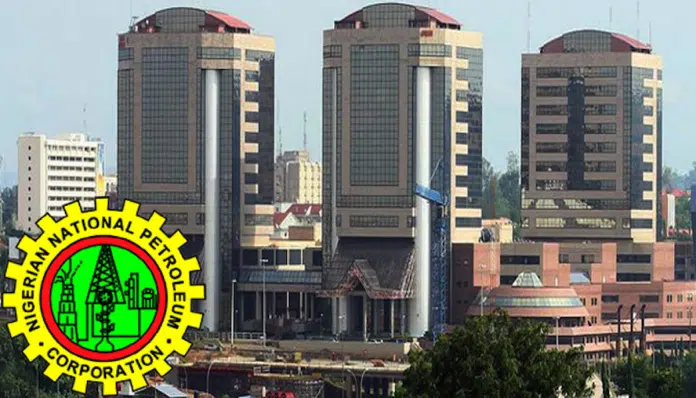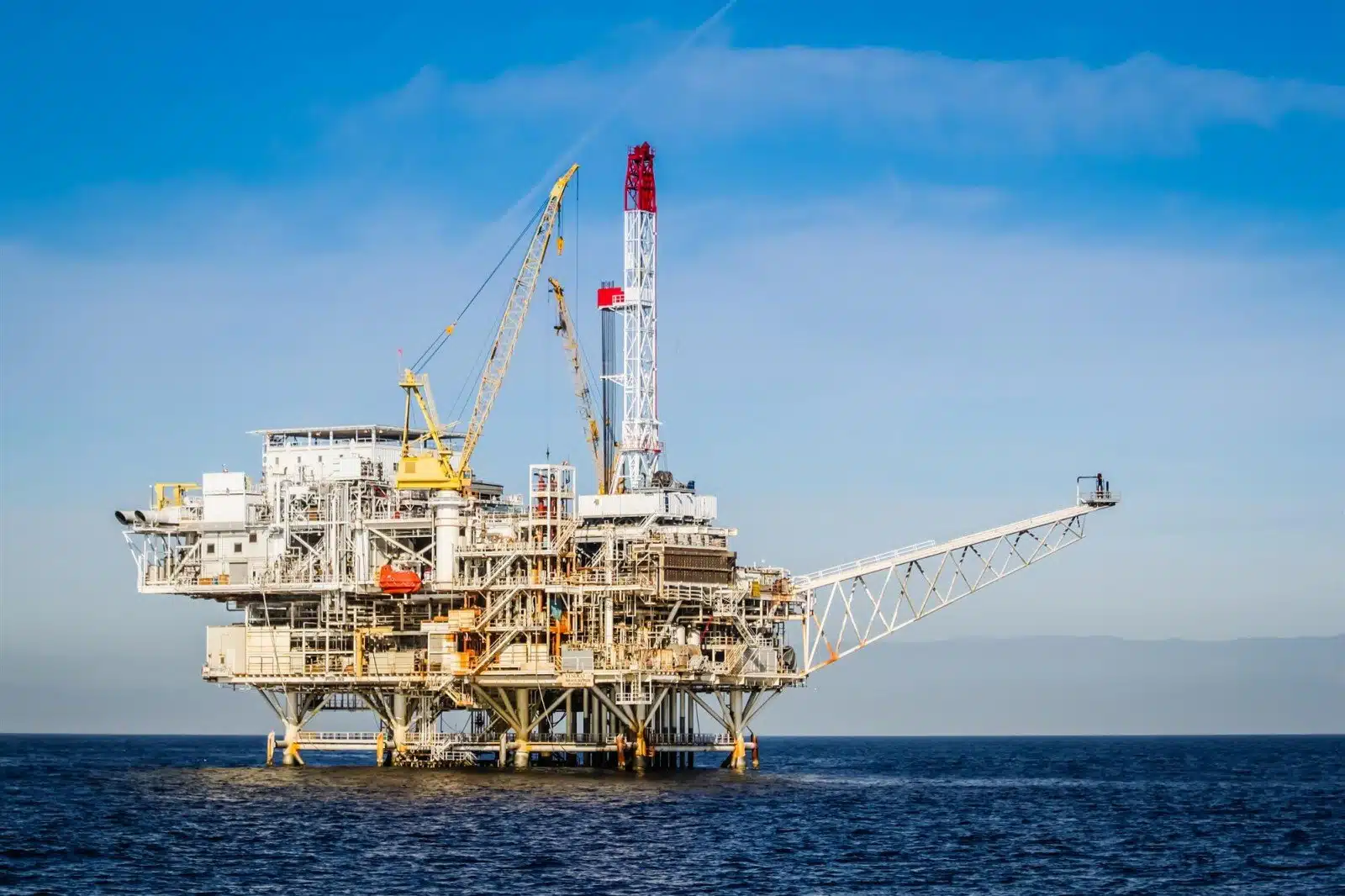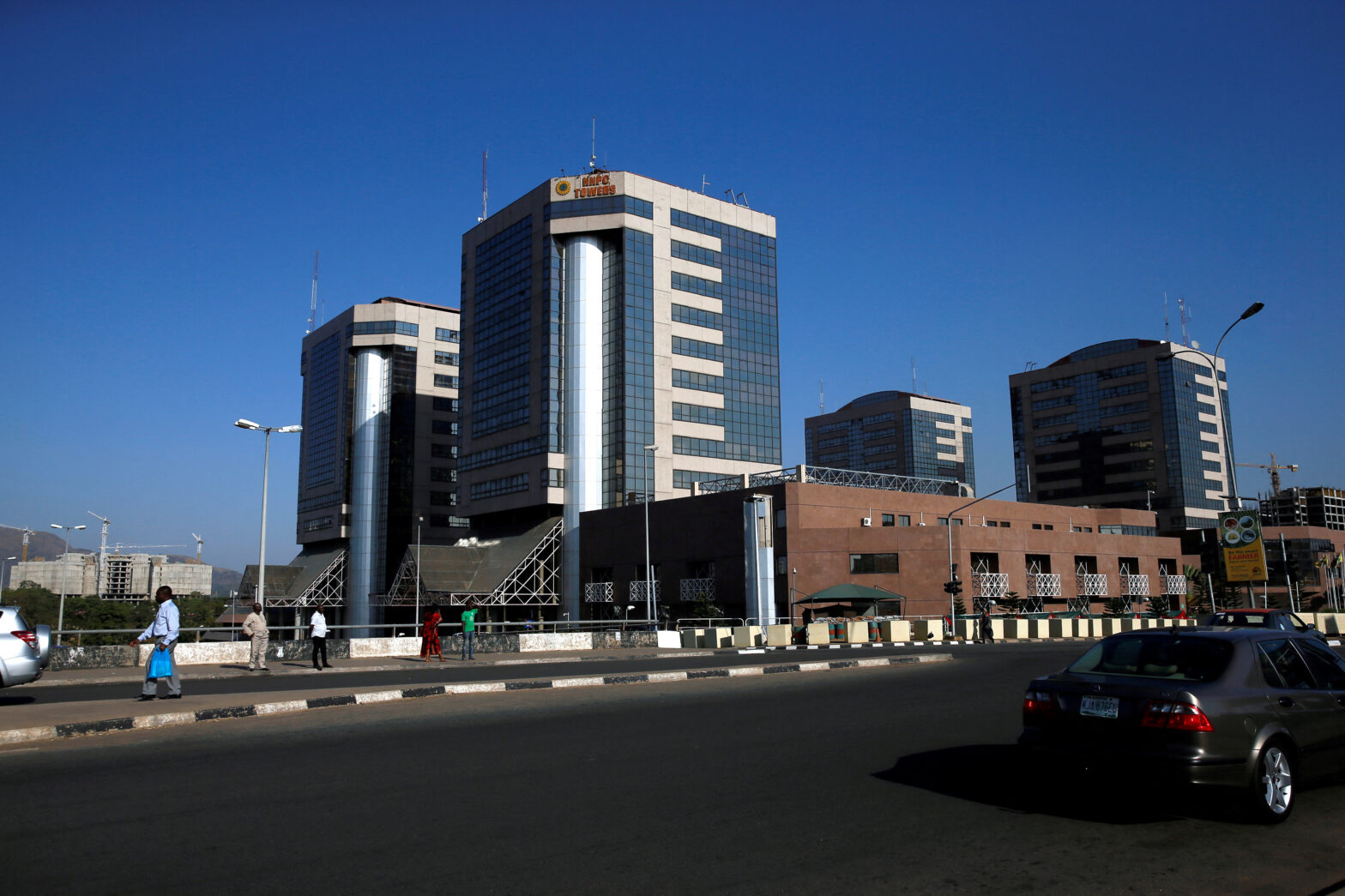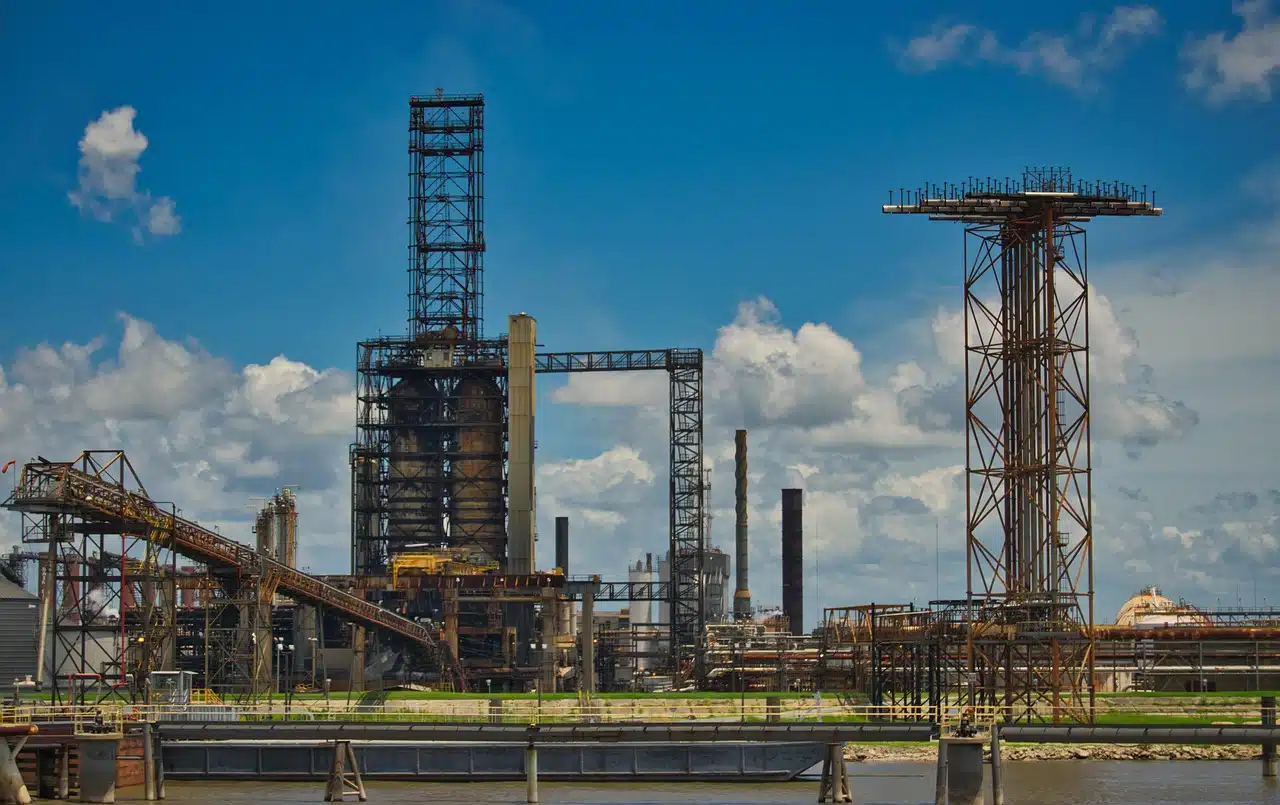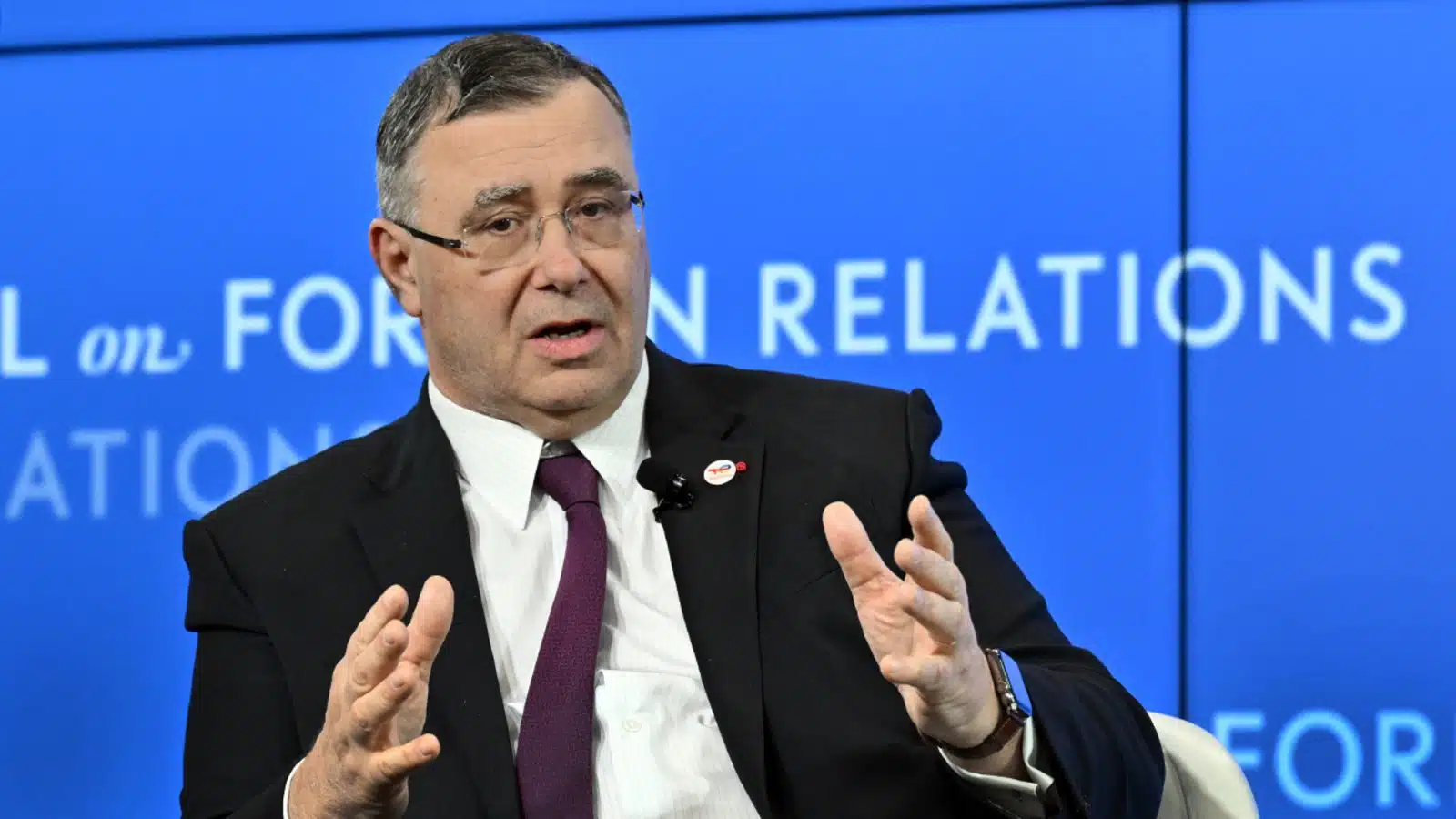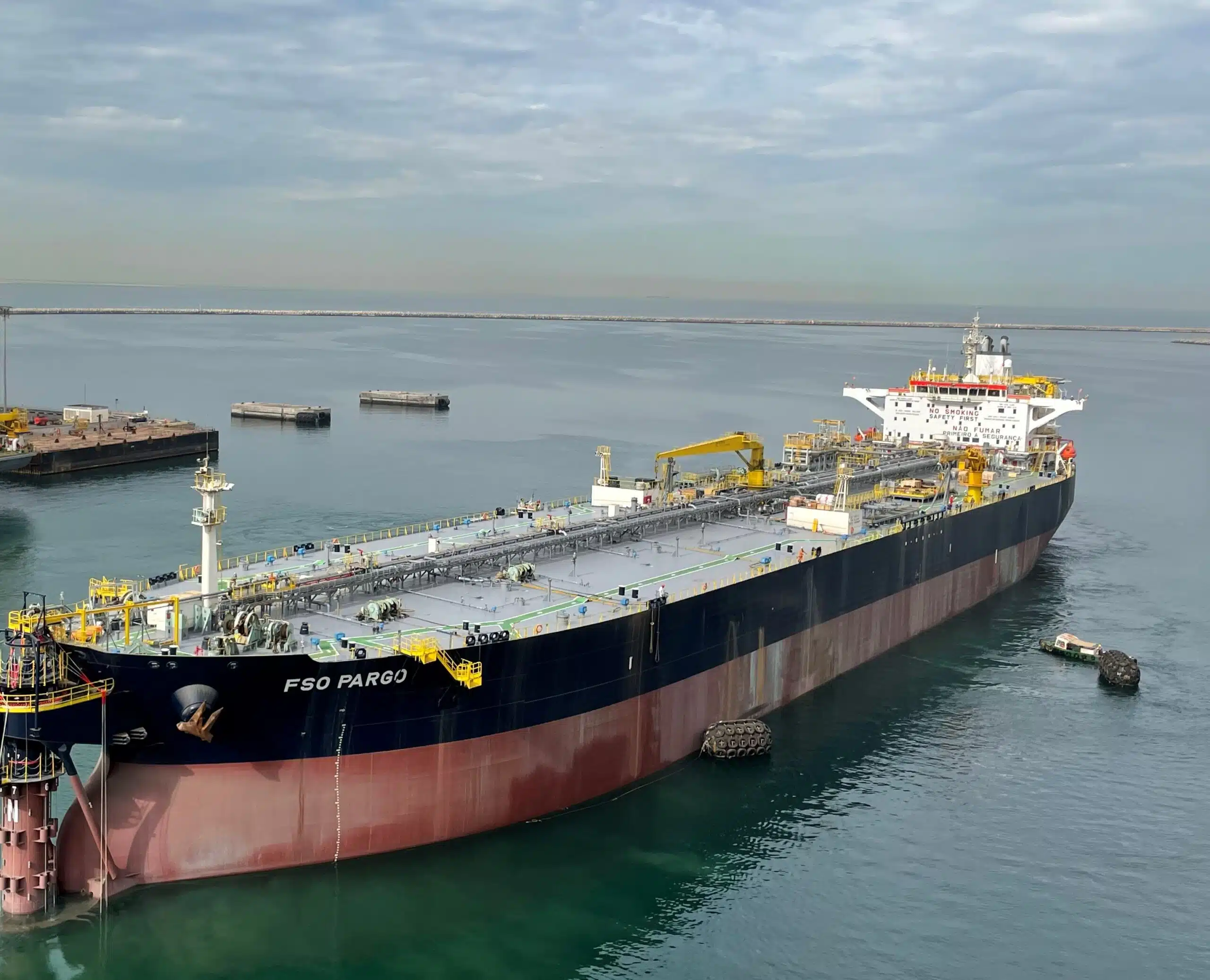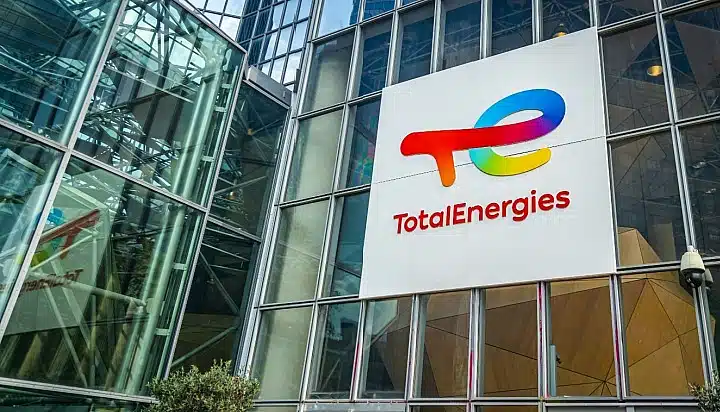Nigeria’s state-owned energy company, NNPC Ltd, is in the final stages of preparing for a public listing after over four decades of existence. This move is set to solidify its status as a publicly traded company.
In recent years, NNPC has operated as a hybrid business in its transition to full commercialization. The company officially became a limited liability company (LLC) in July 2022 and now aims for a dual listing on the Nigerian and London stock markets, according to sources familiar with the matter.
NNPC initially planned to launch its IPO by mid-2023 but missed the deadline, citing the need for financial restructuring. According to Olugbenga Oluwaniyi, the company’s Chief Finance and Investor Relations Officer, NNPC is currently engaging with institutional investors as it moves closer to listing on the Nigerian Stock Exchange (NGX), in line with the Petroleum Industry Act (PIA).
The PIA mandates that NNPC Ltd list its shares on the capital market under the Company and Allied Matters Act (CAMA) of 1990. As one of Nigeria’s most valuable enterprises, the IPO will allow private investors to own shares in the company for the first time.
NNPC’s transformation into a publicly traded company marks a significant shift in Nigeria’s oil and gas sector.
The move positions it alongside global energy giants that have successfully transitioned from state ownership, such as Saudi Aramco.
Saudi Aramco went public in 2019, raising over $25 billion in the world’s largest IPO to date. Like NNPC, Aramco faced delays before its listing. The Nigerian company, which leads Africa in crude oil production, now faces similar situation, including market volatility, regulatory compliance, and corporate governance expectations.
For NNPC, the IPO is expected to unlock billions of dollars in both local and international investments, enabling expansion and improved efficiency. However, transitioning from a government-owned entity to a publicly traded company requires a robust corporate governance framework and financial transparency.
NNPC began publishing its financial statements in 2018, revealing an initial loss of N803 billion, which improved to N1.7 billion in 2019.
By 2021, the company posted a record profit of N674.1 billion, which more than tripled to N2.548 trillion in 2022. In 2023, NNPC reported its highest-ever profit of N3.297 trillion, a 28% increase from 2022, marking the highest corporate profit in Nigeria’s history.
Despite these impressive figures, concerns remain about NNPC’s financial disclosures. The company delayed publishing its 2023 annual accounts until August 2024—several months beyond the standard first-quarter reporting period.
Another issue raising concerns is the rapid increase in NNPC’s total assets. The company’s total assets grew from N16.27 trillion in 2021 to N58.49 trillion in 2022, following the passage of the Petroleum Industry Act.
By August 2024, NNPC reported that its assets had soared to N246.82 trillion—a staggering 300% increase in less than two years.
Converted to dollars, NNPC’s total assets are valued at $164 billion (at an exchange rate of N1,500/$1), surpassing Nigeria’s 2023 nominal GDP of N229.9 trillion, as reported by the National Bureau of Statistics (NBS).
The unexplained surge in asset valuation has raised questions among analysts and potential investors.
For NNPC to succeed in its historic IPO, it must address financial transparency concerns by reinstating detailed subsidiary reports and ensuring timely financial disclosures.
As Nigeria’s flagship oil company prepares to go public, it can draw valuable lessons from Saudi Aramco, which successfully executed the world’s largest IPO in 2019.
Here are six (6) key lessons NNPC can draw from Saudi Aramco:
1. Strong corporate governance and transparency
NNPC must follow Saudi Aramco’s path to transparency for a successful IPO.
Saudi Aramco strengthened its corporate governance, financial disclosures, and transparency to attract global investors.
Both before and after its IPO, the Saudi oil giant published detailed financial statements, secured international credit ratings, and enhanced operational accountability.
For NNPC Ltd to achieve similar success, it must adopt global best practices in transparency.
One crucial step is hiring internationally recognized auditing firms like PwC to conduct an independent forensic audit of expenditures related to petrol price stabilization from January to September 2024.
NNPC was solely responsible for petrol supply under the Petroleum Industry Act (PIA) until October 1, 2024, but lingering questions remain regarding financial transparency.
A thorough audit would demonstrate NNPC’s commitment to accountability, a critical factor in building investor confidence ahead of its public listing.
In November 2024, the firm announced a new set of strategic leadership appointments, reflecting their continued dedication to enhancing corporate governance.
By prioritizing financial transparency and governance reforms, NNPC can position itself as a credible, investment-ready energy company on the global stage.
2. Strategic valuation and market positioning
Saudi Aramco strategically emphasized its oil reserves, production efficiency, and refining assets to justify its valuation. The company also secured major institutional investors before its public listing, ensuring market stability.
By 2024, over 160 institutional investors had stakes in Aramco, reinforcing its credibility.
During its IPO process, Aramco partnered with top-tier banking institutions—including JPMorgan, Morgan Stanley, Bank of America Merrill Lynch, Goldman Sachs, Credit Suisse, Citigroup, HSBC Holdings, Saudi’s Samba Financial Group, and the Saudi National Commercial Bank—as joint global coordinators.
These institutions provided advisory services and acted as underwriters, strengthening investor confidence.
As part of its pre-IPO strategy, Aramco raised $12 billion in its first international bond, generating over $100 billion in demand. Many analysts saw this as a strategic move to build relationships with global investors ahead of its listing.
To attract investors, NNPC must conduct a precise valuation of its oil and gas assets, highlight its refining capabilities—especially the impact of the Dangote Refinery—and secure key anchor investors before listing.
Additionally, the company must clearly distinguish between its current and non-current assets. As of 2023, NNPC’s non-current assets stood at N74.18 trillion, significantly overshadowed by current assets at N172.64 trillion. This imbalance is unusual for a capital-intensive oil company.
Globally, public and private oil firms allocate at least 50% of their assets to fixed (non-current) assets, such as property, plant, and equipment (PPE). For NNPC, aligning with this standard is crucial for investor confidence and long-term sustainability.
A well-structured asset portfolio will also streamline the filing of its IPO prospectus with the Securities and Exchange Commission (SEC).
An IPO prospectus is a formal document filed with the SEC, providing investors with detailed financial, operational, and risk-related information about a company’s public offering.
Filing this document is a critical step in the IPO process, as it ensures regulatory compliance and transparency, ultimately boosting investor trust in NNPC’s market entry.
By adopting global best practices, strengthening its financial position, and securing top-tier investors, NNPC can position itself for a successful and competitive IPO on the international stage.
3. Regulatory and policy stability
Saudi Arabia implemented regulatory reforms to enhance investor confidence, including fiscal policies that continue to support Aramco’s profitability to this day.
Nigeria must follow suit by establishing a stable regulatory environment, ensuring that policies on taxation, production-sharing contracts, and foreign investment remain predictable.
While the current Nigerian administration has made strides in attracting international investment, concerns persist about the future of dividend-sharing and its impact on government revenue.
The Petroleum Industry Act (PIA) mandates that NNPC Ltd operate as a limited liability company, declare dividends to shareholders, retain 20% of its profits for business growth, and comply with the Companies and Allied Matters Act (CAMA).
However, a policy note by Agora Policy, an Abuja-based think tank, revealed that since the PIA’s implementation, NNPC’s remitted dividends to the Federal Government have dropped significantly.
The report highlights that, after two years under the PIA, government revenue from the petroleum sector has declined compared to the pre-PIA period.
“NNPC’s interpretation of subsections 9(4) and 64(c) of the PIA has resulted in the company deducting 30% for management fees and an additional 30% for the Frontier Exploration Fund, leaving the Federation with only 40% of total earnings,” Agora Policy noted.
This lack of clarity in revenue allocation raises concerns for potential investors. Given that the PIA was designed to attract investment, enhance regulatory frameworks, and boost government revenue, resolving these inconsistencies is crucial.
To ensure a successful IPO and long-term investor confidence, Nigeria must streamline dividend-sharing policies—already provided for in the PIA—reinforce regulatory stability, and provide transparency in petroleum sector earnings
4. Diversification and sustainability focus
NNPC must prioritise diversification and sustainability to attract investors.
Saudi Aramco strategically leveraged its IPO proceeds to diversify into renewables, reducing long-term risks associated with oil price volatility.
In 2019, Aramco’s IPO prospectus included an industry assessment from IHS Markit, which projected that global oil demand could start contracting by 2035.
This insight helped Aramco align its strategy with future market trends.
Despite maintaining an extensive hydrocarbon reserve base of 250 billion barrels of oil equivalent (as of 2024), the company has recognized the need to diversify into alternative energy sources and sustainability-linked initiatives to enhance long-term profitability and environmental stewardship.
In 2022, Aramco launched one of the world’s largest venture capital funds to invest in clean energy technologies and reduce greenhouse gas emissions.
In 2024, Aramco signed an agreement with SLB and Linde to develop a carbon capture facility in Jubail. The project—60% owned by Aramco—aims to capture and store up to 9 million metric tons of CO₂ annually by 2027.
In January 2025, Aramco partnered with Ma’aden, the Middle East’s largest mining firm, to explore lithium extraction and direct lithium extraction (DLE) technologies for the energy transition.
Like Aramco, NNPC must position itself as an integrated energy company to attract institutional investors focused on energy transition opportunities.
With growing public scrutiny over climate change and evolving global regulations on fossil fuels, investors are prioritizing oil companies with clear sustainability strategies.
To avoid future market devaluation and volatility, NNPC must accelerate investments in natural gas, renewables, and clean technologies.
In February, NNPC and First Exploration & Production achieved a 98% reduction in gas flaring across two fields in Bayelsa State—a step that enhances environmental credibility.
NNPC has also introduced two new sustainable energy subsidiaries:
- NNPC New Energy Limited (NNEL): Focused on providing low-carbon energy solutions.
- NNPC Non-Energy Investment Services (NNIS): Designed to capture value from non-core energy ventures.
By embedding sustainability and diversification into its corporate strategy, NNPC can strengthen investor confidence, enhance long-term valuation, and mitigate exposure to oil price fluctuations.
5. Investor relations and global appeal
NNPC needs to market its IPO aggressively to attract major international investors.
Saudi Aramco strategically marketed its IPO to both global and regional investors, including sovereign wealth funds, securing a strong valuation.
Aramco’s operations extend beyond Saudi Arabia; the company has a global footprint, including ownership of the Motiva refinery in the U.S., one of North America’s largest crude oil refineries, with a processing capacity of 720,000 barrels per day.
NNPC’s assets put it among the world’s biggest oil firms.
As of August 2024, NNPC’s total assets stood at N246.82 trillion ($164 billion), placing it among the world’s largest oil companies by assets.
In comparison:
NNPC’s assets surpass those of Mexico’s PEMEX ($136 billion) and Norway’s Equinor ($143 billion).
NNPC’s total assets amount to:
- 43% of ExxonMobil’s ($376 billion)
- 40% of Shell’s ($406 billion)
- 25% of Saudi Aramco’s ($660 billion)
NNPC’s financial growth signals strong investment potential.
In 2024, the firm exceeded its revenue target of N12.3 trillion by generating N13.1 trillion as of November. For the current fiscal year, the company aims to nearly double its revenue to N23.7 trillion.
With these financials and a strong asset base, NNPC could easily secure a valuation above $100 billion—especially when listed on major international stock exchanges.
For a successful IPO, NNPC must aggressively engage international investors, highlighting:
- Nigeria’s vast energy potential
- Reforms improving the ease of doing business
- Government-backed policies fostering investment confidence
NNPC is crucial to Nigeria’s economy, as the oil sector remains the country’s largest revenue source. The industry currently:
- Accounts for over 80% of Nigeria’s foreign exchange earnings—higher than Saudi Arabia’s 63% in 2019.
- Contributes significantly to government revenue through royalties, taxes, and other income streams.
By aligning with global best practices and proactively engaging institutional investors, NNPC can position itself as a top-tier global energy company, boosting its valuation and attracting long-term investment.
6. Domestic investor participation
NNPC should not exclude domestic investors from its planned public listing. It can strengthen the success of the IPO process.
Saudi Aramco strategically prioritized domestic investors, ensuring Saudi citizens and institutions played a key role in its IPO’s success.
Aramco launched its IPO domestically before expanding to international markets, emphasizing local participation. The Saudi government even urged high-net-worth families and individuals in the Kingdom to invest, securing a strong foundation for the listing.
As of June 9, 2024, Saudi Aramco’s shareholding structure comprised of:
- International institutional investors: ~0.73% of issued shares
- Domestic institutional investors: ~0.89% of issued shares
- Retail investors: ~0.76% of issued shares
- Saudi government & other holdings: ~97.62% of issued shares
As Nigeria’s highest taxpayer and largest revenue contributor, NNPC should encourage significant domestic investment in its IPO.
High-net-worth Nigerians should be key participants, ensuring that local investors also benefit from the company’s growth.
This approach strengthens national economic participation while making the listing more attractive to foreign investors.
By adopting Saudi Aramco’s proven IPO strategies, NNPC can maximize its valuation, attract high-quality investors, and boost long-term competitiveness in the global energy sector.
A successful NNPC IPO could:
- Revolutionize Nigeria’s stock market
- Enhance the country’s oil industry
- Drive energy security, growth, and innovation
Saudi Aramco’s IPO success was built on financial transparency, regulatory compliance, and strategic investor engagement.
If NNPC follows a similar path, it can enhance credibility, attract investors, and secure a strong market debut.

